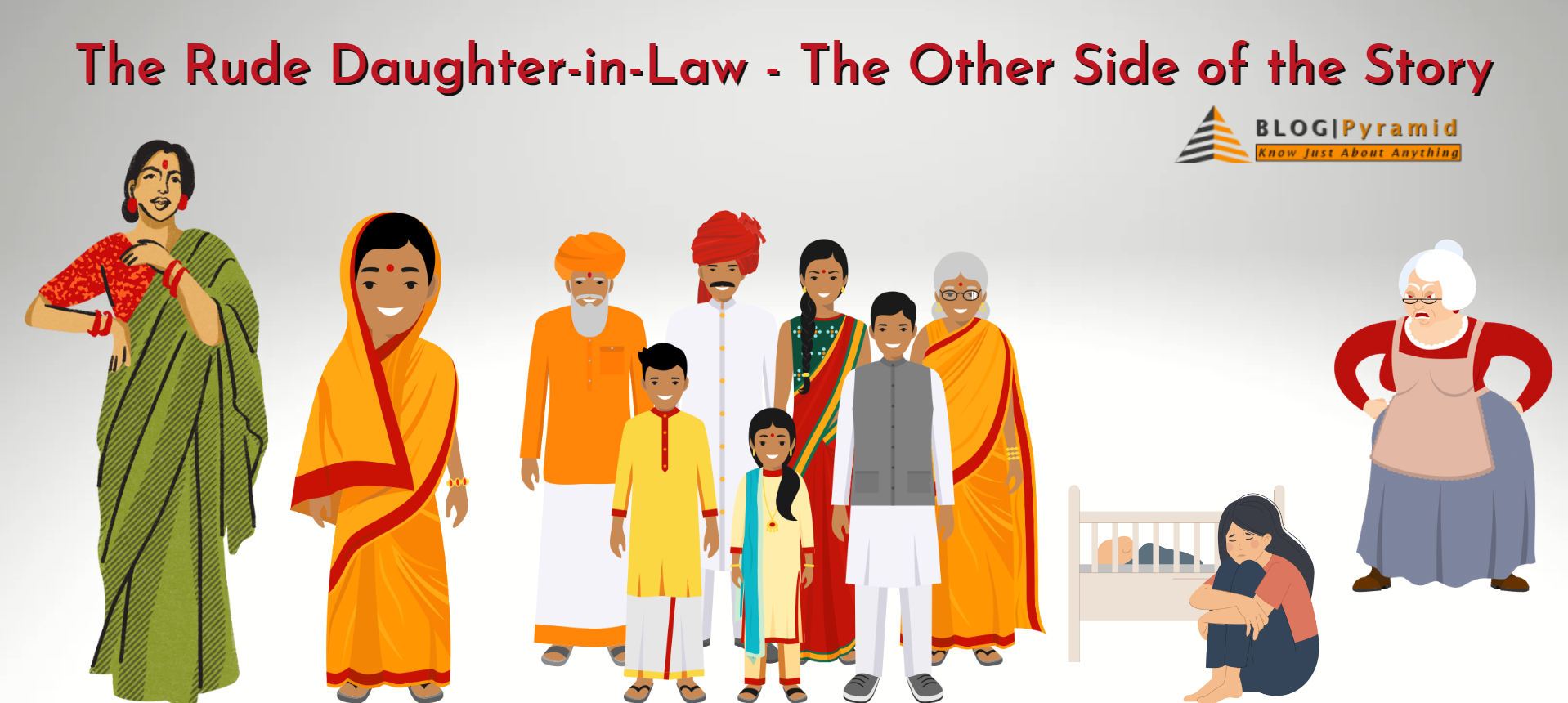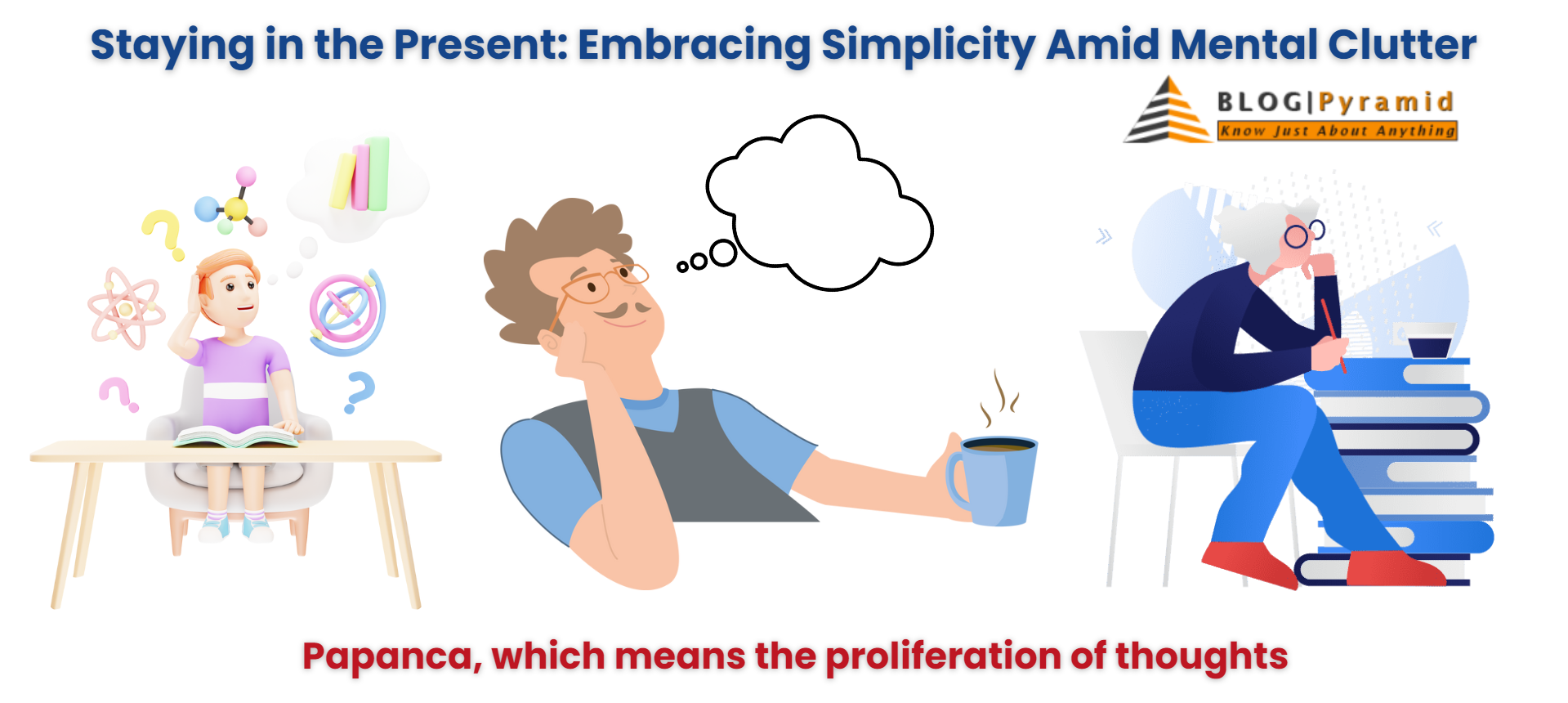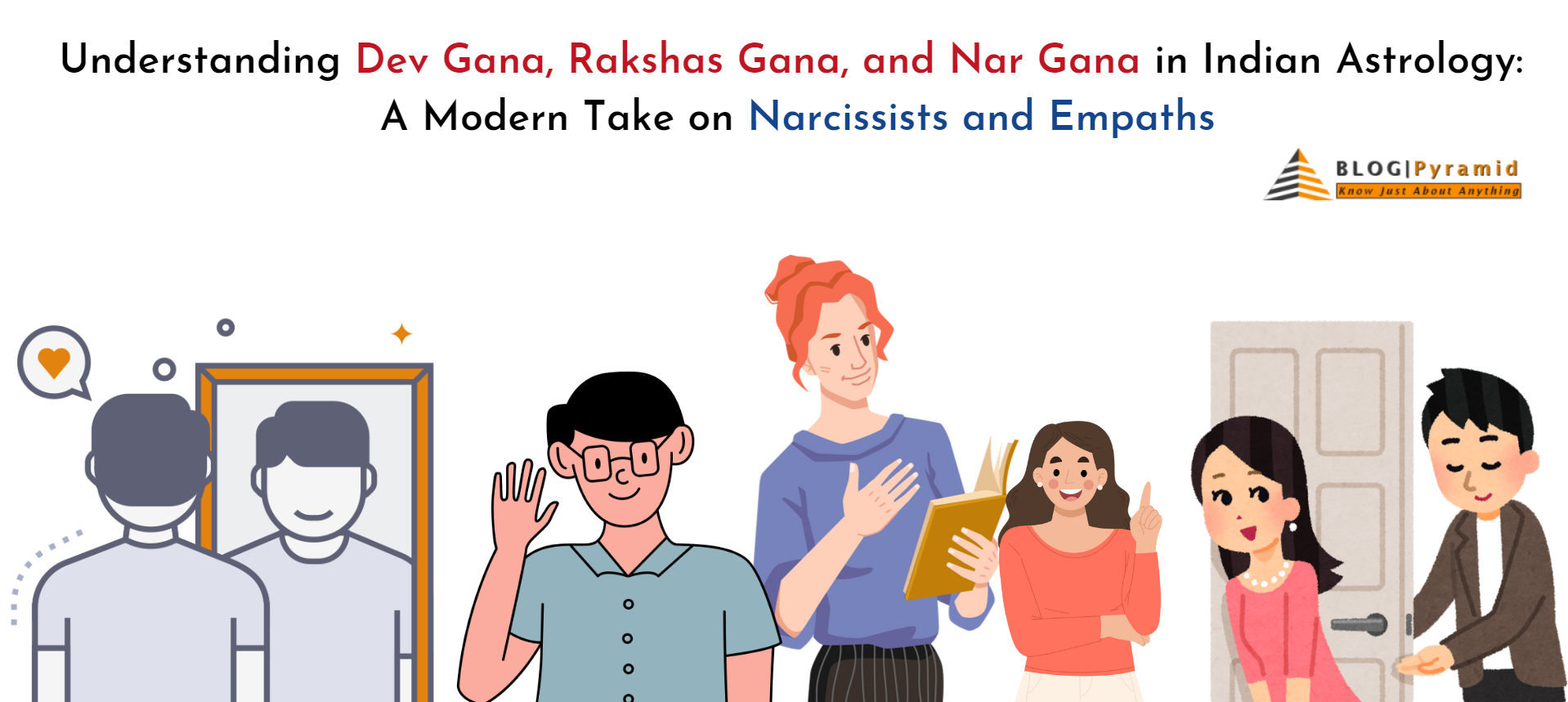
Why Some Daughter-in-Laws Just Cannot Gel with Their Husband’s Parents
In films, TV shows, and novels, the common narrative is that when a wife fails to get along with her in-laws, it’s often blamed on her bad upbringing. The daughter-in-law (DIL) is depicted as the one responsible for the friction in the family. But is that always the case?
There’s often another side to this story that isn’t told as frequently. Some DILs who behave rudely, insult, or disregard their in-laws might not do so because of their own faults, but because of the negative experiences they face after marriage.
One major reason could be the husband’s behavior. In many instances, a wife’s fairy-tale idea of marriage can be shattered when her husband doesn’t treat her with the care or respect she expected. Even if the husband isn’t abusive, his indifference to her wishes, aspirations, or emotional well-being can create a sense of isolation and frustration. This emotional neglect can make her resentful, which may then manifest as animosity toward her in-laws.
But there’s more to it:
Common Causes of Strain Between DILs and In-Laws:
-
- Miserly In-Laws: When the in-laws are excessively frugal or selfish, it can create constant tension in the household. The DIL might feel undervalued or neglected.
- Greedy In-Laws: In-laws who expect constant financial support or lavish gifts can make a DIL feel as though she’s being exploited or that she is in a transactional relationship.
- Backward and Superstitious In-Laws: Sometimes, in-laws can hold outdated and harmful beliefs. For example, if a DIL is forced into superstitious practices or, even worse, pressured into female foeticide, it can cause a major emotional rift.
- Immoral In-Laws: In some unfortunate cases, the in-laws might force the DIL into doing unethical or immoral activities. This can lead to an irreparable breakdown in the relationship.
While it’s easy to blame the DIL for not fitting into her husband’s family, the real reasons for the tension might be far more complex. A lack of respect, care, or compatibility between the husband and wife often spills over into the relationship between the DIL and her in-laws.
It’s important to acknowledge that not every story is the same, and sometimes, the DIL is reacting to circumstances beyond her control.
A common question that arises is:
Why does she tolerate the atrocities? Why can’t she just break free, live independently, and live respectfully?
The reasons may vary, but they are often rooted in deeper social, emotional, and financial challenges. Let’s explore why some daughter-in-laws stay in these difficult situations:
-
- Lack of Education: Many women in traditional households may not have had access to higher education or career opportunities. Without proper education, they may lack the skills or qualifications to support themselves financially if they choose to leave. This can create a sense of dependence on the husband and in-laws, even in abusive or toxic situations.
- Sheltered Life: Some DILs come from families where they were raised in a protected environment. They may have never been exposed to the struggles of the outside world or had the opportunity to develop independence. The fear of the unknown can prevent them from taking a bold step toward freedom, as they may lack the confidence to navigate life on their own.
- Financial Constraints: Often, women stay because they have no financial means to support themselves or their children. If the husband controls the finances and the DIL comes from a poor background, she may feel trapped. The lack of financial independence is a significant barrier for many women who are otherwise willing to walk away from the toxic environment.
- Family Pressure: In many cases, the DIL’s own parents may refuse to take her back due to social stigma or the fear of damaging the family’s reputation. There is a deeply ingrained belief in some communities that once a woman is married, she must stay with her husband at any cost. This refusal by her own family to support her leaves the DIL with no choice but to stay, even if it means enduring emotional or physical abuse.
- Cultural Expectations: One of the most deeply rooted issues is the belief that once a woman becomes a wife, she must compromise for the rest of her life. The cultural narrative that a woman’s duty is to endure, adjust, and prioritize her husband and in-laws above her own well-being is still prevalent in many societies. This belief system is propagated not only by in-laws but sometimes by the DIL’s own family as well, making it nearly impossible for her to imagine leaving the marriage.
This complex web of social conditioning, financial dependence, and emotional pressure keeps many women stuck in relationships that are unhealthy or abusive. It’s essential for society to recognize these dynamics and provide the necessary support and resources to help women break free from oppressive situations.
Rather than solely blaming the daughter-in-law for her behavior, it’s important to look at the larger picture. If we continue to propagate harmful stereotypes and ignore the root causes of these issues, we’ll fail to create an environment where women can thrive with respect and dignity, both in their marriages and in their lives.
#MarriageStruggles #DaughterInLawIssues #BreakingFree #CulturalExpectations #WomenEmpowerment #InLawConflicts #SocialStigma #FinancialIndependence #BreakingTheCycle #SupportWomen #FamilyDynamics #FamilyDynamics #MarriageChallenges #DaughterInLaw #InLaws #EmotionalNeglect #ComplexRelationships #MarriageStruggles #IndianFamily #UnderstandingDIL #CulturalExpectations #BreakingStereotypes #InLawIssues





